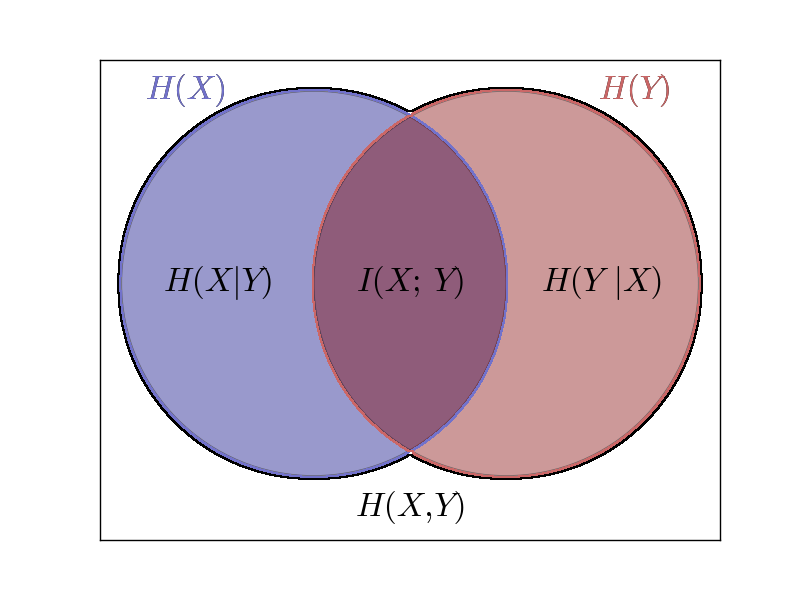Quantum Mechanics is all about evolution of time when you break it down (
http://en.wikipedia.org/wiki/Time_evolution)
It is the change of state brought about by the passage of time that is why it is described in terms of wave equations or probability.
So when I talk about a sine wave or tossing head/tails I don't need to describe a 3D space I am describing and arbitary space and an outcome waveform or probability even in these basic examples.
Classic mechanics deals with 3D world of physical stuff but what is time in this world it is an abstract thing. Why does time go one way .. as Brian Greene would say ... why do you see eggs fall and break but you never see broken eggs jump up of the floor and form a full egg. There is no way under classic physics to explain time and it's direction you basically have to accept it just is.
There is an equally important law in classic physics that is seldom discussed called Newtons 3rd law. It is seldom discussed becasue it is what many call a trivial or deduced law. Most do not realize there entire view of the world revolves around this trivial law that has no proof it is an observational law. It is also the most misunderstood law of physics .... http://en.wikipedia.org/wiki/Reaction_(physics)
The most important part of the 3rd law is actually that a body at rest will stay at rest. You don't see things get up and move without the application of a force and that force will be opposed.
So lets look at the classic physics pillars that have no explaination you just have to accept
- Energy can not be created nor destroyed only converted to other forms
- Time has direction and just is
- Newtons 3rd law
- Entropy
Quantum mechanics can provide answers to each of those
- Quantum information can not be created nor destroyed only converted from one form to another.
- Time describes the progression of the state transitions in a quantum system
- Quantum systems to be stable must have a ground state (
http://en.wikipedia.org/wiki/Ground_state)
- Having a ground state imparts an entropic gradient
Do you see why we say the two great physics systems need to merge and why current QM physicists think it is unlikely QM will be rolled into classic physics.
So we move onto virtual partciles (
http://en.wikipedia.org/wiki/Virtual_particle)
The virtual particle forms of massless particles, such as photons, do have mass (which may be either positive or negative) and are said to be off mass shell. They are allowed to have mass (which consists of "borrowed energy") because they exist for only a temporary time, which in turn gives them a limited "range". This is in accordance with the uncertainty principle which allows existence of such particles of borrowed energy, so long as their energy, multiplied by the time they exist, is a fraction of Planck's constant
So we can now have virtual partciles which are borrowing energy because they exist for only a described time in an explict waveform and the space domain is of no consequence to them.
So if we have got you through all that you are now at the current QM point which says the universe is a quantum mechanical system the physical 3D space is a projectivism in which we experience this QM system.
So what does the QM universe really look like ... thats anybody's guess QM really has nothing to say about it at all. It could be like our real world with stuff hiding in the gaps like string theory says or we could be a complete hologram. QM systems demand no shape or space thats a demand of classic physics.
Thats my bad english attempt to give a layman's view Bill S. It's very touchie feely and light on detail but you can either read or ask if you need areas filled in with more background. I have avoided trying to give a particular QM story because obviously there are different views of what the QM universe looks like.
And if we got you through all that we can next discuss Quantum Discord (
http://en.wikipedia.org/wiki/Quantum_discord). Sometimes QM doesn't need such a weird world after all :-)
